Making knowledge secure
While much has been written about balancing and blending types of substantive content, much less has been written about ways of ensuring that pupils do actually gain the knowledge that such planning intended them to have. On the other hand, this issue can surface indirectly in articles on planning, especially where the focus is on how one layer of knowledge can be used to accelerate assimilation of another. For example, articles on drama are often efforts to embed a story or make it memorable. Articles arguing that it’s a good idea to ‘teach this kind of thing before that kind of thing’ are effectively showing how one kind of knowledge manifests itself in another context. So there is always more on making knowledge secure than meets the eye! Also, articles why secure knowledge matters (e.g. its effects on wider historical learning) often overlap with articles how to make that knowledge secure in the first place. So if you are looking for what has been written about one, you are also likely to find it in the other. Read more
-
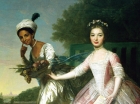
The Power of Context: using a visual source
ArticleClick to view -
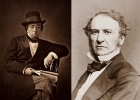
Engaging Year 9 students in party politics
ArticleClick to view -

Enabling Year 7 to write essays on Magna Carta
ArticleClick to view -
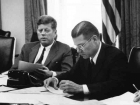
Finding the place of substantive knowledge in history
ArticleClick to view -

Developing transferable knowledge at A-level
ArticleClick to view -

Triumphs Show 158: interactive learning walls and substantive vocabulary
ArticleClick to view -

Securing contextual knowledge in year 10
ArticleClick to view -

Building and assessing historical knowledge on three scales
ArticleClick to view -
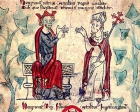
Using timelines in assessment
ArticleClick to view -
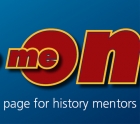
Move Me On 157: Getting knowledge across
ArticleClick to view -
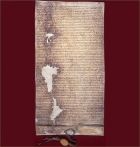
Year 9 - Connecting past, present and future
ArticleClick to view -
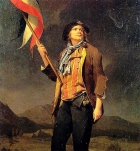
Knowledge and the Draft NC
ArticleClick to view -
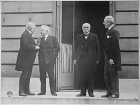
Planning and teaching linear GCSE
ArticleClick to view -

The Holocaust in history and history in the curriculum
ArticleClick to view -

Counterfactual Reasoning: Comparing British and French History
ArticleClick to view -
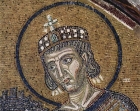
Building and assessing a frame of reference in the Netherlands
ArticleClick to view -
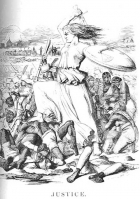
Building memory and meaning
ArticleClick to view -

Raising the bar: developing meaningful historical consciousness at Key Stage 3
ArticleClick to view -

The return of King John: using depth to strengthen overview in the teaching of political change
ArticleClick to view -

Thinking across time: planning and teaching the story of power and democracy at Key Stage 3
ArticleClick to view

